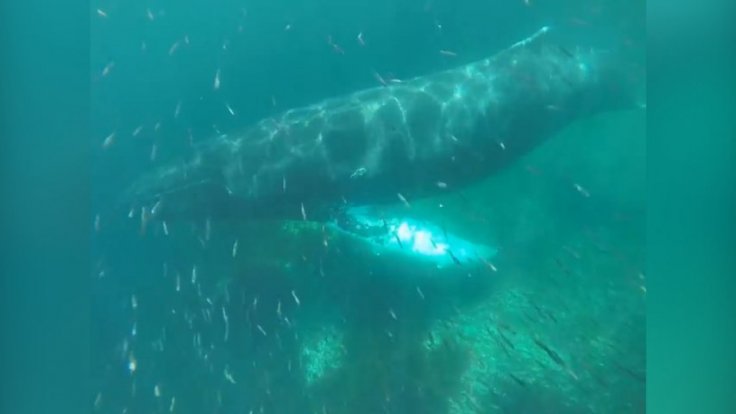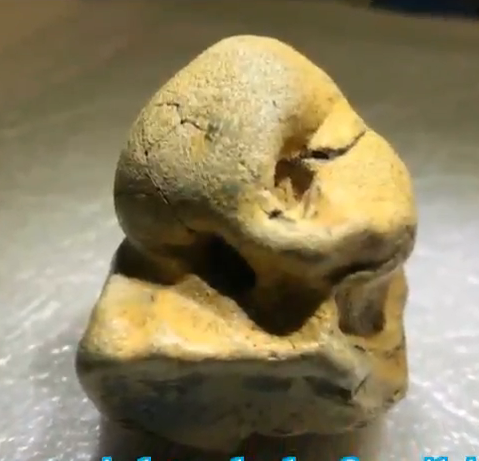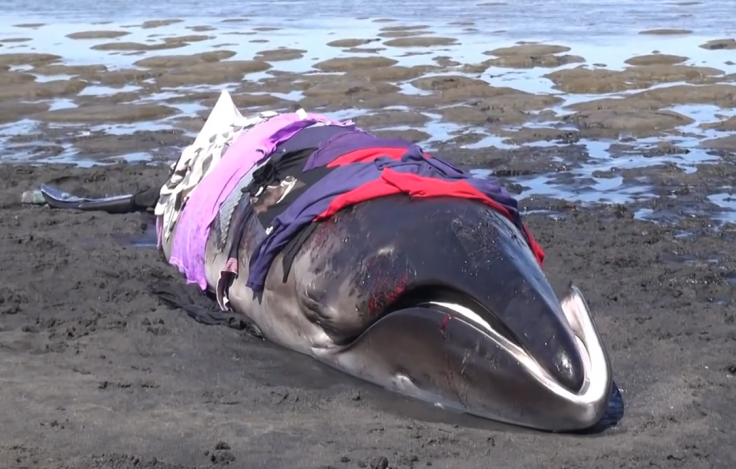
In a new study, palaeontologist has claimed that more than 60-years ago researchers have found the oldest known evidence of the rare marine creature, pygmy right whale, which are still living in the ocean.
These particular whales are believed to live in areas where the surface water is between 5 and 20 degrees, particularly in the southern hemisphere oceans. These are also among those marine animals, who have become the survivors or affected species due to the climate change.
However, as per the study, the fossil found in Melbourne was a 6-million-year-old ear bone of the whale. The lead researcher and palaeontologist Erich Fitzgerald conducted the study on the same fossil.

In the first half of 20th century, this apricot-sized bone was discovered in the city's Beaumaris beachside suburb. Later, it was kept in the Museums Victoria collection. As reported by ABC News Channel, after decades Fitzgerald recently analysed it, to find more valuable facts.
He said, " It's a startling thing about museums that we can make big discoveries without having to take one step outside of the museum building."
As told by the marine experts, the male pygmy right whales can grow up to 6.1 meters and for the female, the maximum length is 6.5 meters. These whales are known as the smallest in the cetacean baleen family that includes world's largest creature, Blue Whale.

These creatures are really hard to be spotted in the ocean as they hardly spend more than a few minutes on the surface. Fitzgerald said that Pritchard, who first found the bone is known as the pioneer of the palaeontology in Oceania country, Australia.
In addition, he also said, "He undertook some of the pioneering studies in the geology and prehistory of Victoria and elsewhere in Australia. Now, more than 60 years after his discovery at Beaumaris, we can unlock the secrets of his finds and share them with the world."









